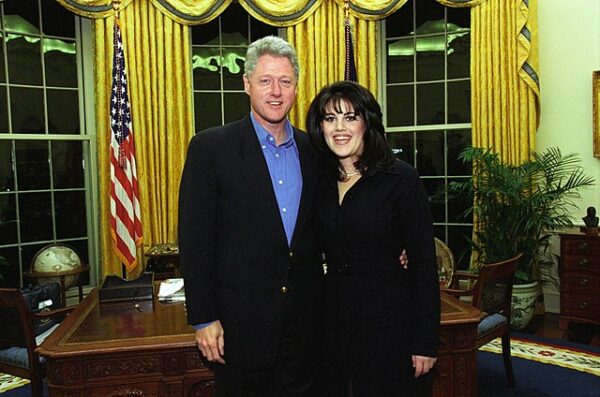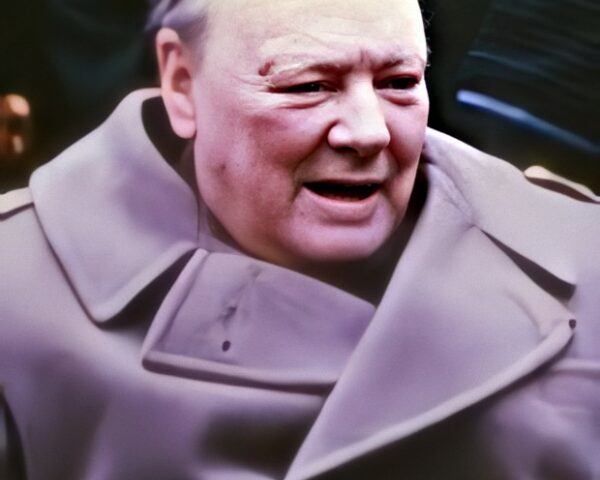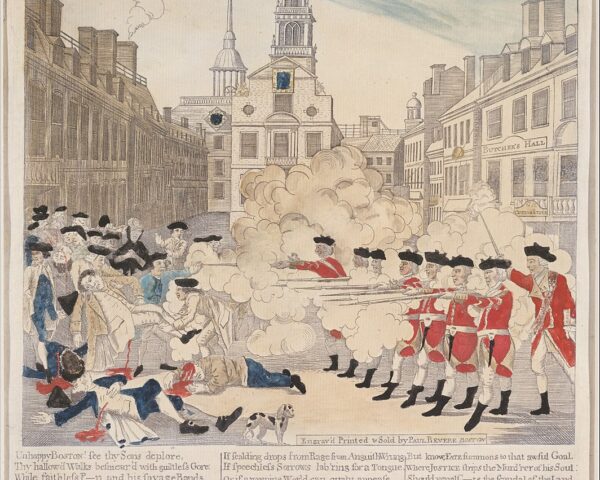On August 17, 1998, the United States witnessed a historic and dramatic moment in its political landscape as President Bill Clinton admitted to having an inappropriate relationship with Monica Lewinsky, a former White House intern. This admission came after months of speculation, investigation, and intense media scrutiny, marking a turning point in the Lewinsky scandal that had gripped the nation.
Earlier that day, Clinton testified before a grand jury via videotape, becoming the first sitting U.S. president to do so in a criminal investigation. The testimony was part of an ongoing investigation led by Independent Counsel Kenneth Starr, who had been tasked with examining various allegations against Clinton. The investigation eventually expanded to include the president’s relationship with Lewinsky, which had been rumored but not publicly confirmed until that day.
During his taped testimony, President Clinton admitted to having what he described as an “improper physical relationship” with Monica Lewinsky. This acknowledgment was a significant shift from his previous denials, including his now-famous statement from earlier in the year where he declared, “I did not have sexual relations with that woman, Miss Lewinsky.” His testimony revealed the truth that many had suspected but had not yet been officially confirmed, igniting a political firestorm.
The revelations did not end with the grand jury testimony. Later that evening, President Clinton addressed the nation in a televised speech from the White House. In this somber and carefully worded address, he admitted that he had “misled people” about the nature of his relationship with Lewinsky. Clinton acknowledged that his actions were wrong and that he had failed his family, his administration, and the American people. However, he also emphasized that his private life should not overshadow the important work of the presidency and the nation’s pressing issues.
Clinton’s public admission had far-reaching consequences. It led to an intense national debate over morality, leadership, and the boundaries between personal conduct and public responsibility. Many Americans were shocked and disappointed by the president’s behavior, while others questioned whether his private indiscretions warranted the level of scrutiny and investigation they received. The scandal also highlighted the role of the media in shaping public perception and the growing influence of 24-hour news coverage.
In the months that followed, the scandal escalated further, leading to impeachment proceedings against President Clinton. The House of Representatives, led by a Republican majority, voted to impeach Clinton on charges of perjury and obstruction of justice related to his attempts to cover up the affair. However, the Senate ultimately acquitted him, allowing Clinton to complete his second term in office.
The Lewinsky scandal had lasting effects on American politics and culture. It exposed the vulnerabilities of even the most powerful figures and underscored the importance of truthfulness and accountability in public life. For Bill Clinton, the scandal was a blemish on his presidency, although he remained a popular figure and successfully completed his term. For Monica Lewinsky, the scandal marked the beginning of a long and challenging journey of reclaiming her life and public image.






